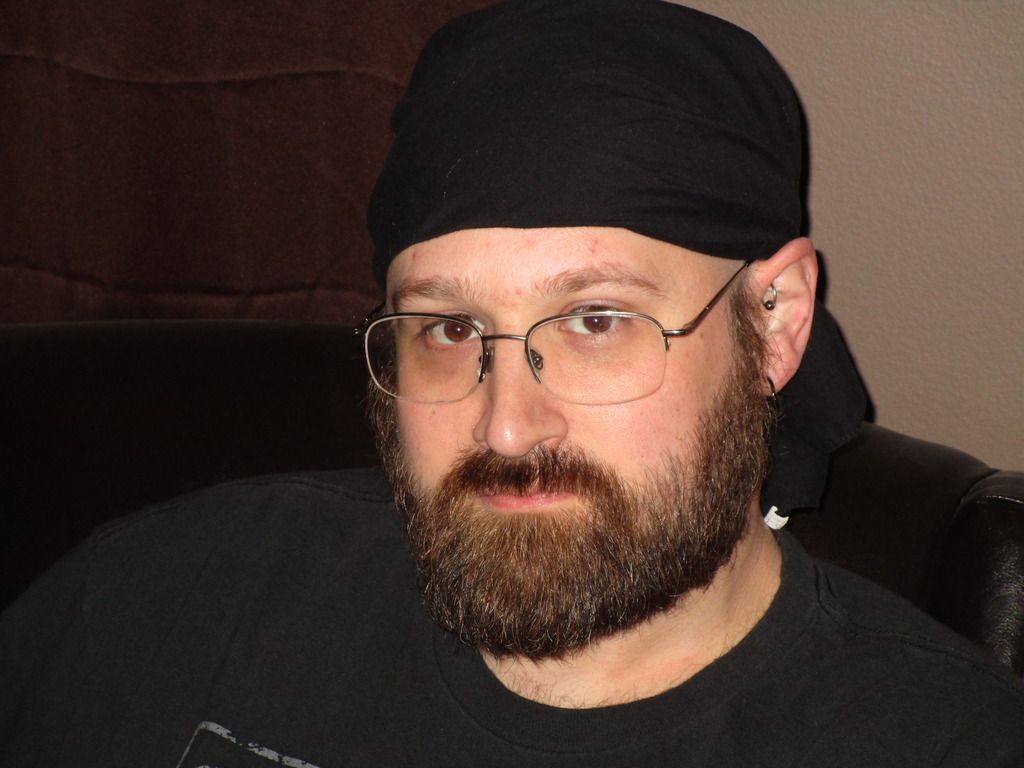When I was in college, I decided I wanted to be a freelance graphic designer. But first, I wanted to work at an ad agency for a few years to build some experience. My junior year of college, I got a part-time internship at a local agency. When I graduated, they hired me.
After a couple of years, a colleague referred a freelance client to me. I hadn't started freelancing yet, and wondered if it was premature. But, I checked with my supervisor for approval to freelance in my spare time (some agencies don't allow that), and with his nod, forged ahead.
Less than a year later, I quit my job to freelance full-time.
I'll be clear, I didn't have enough clients to keep me busy full-time. I didn't have a safety net. The economy was slow. The agency was struggling. I had tried to get another job without luck. I decided, if my finances were going to suffer, I wanted to be responsible for my income (having become quite irregular). I gave them two weeks notice and started panicking.
 |
| My first home office. We gotta start somewhere, right? |
Work was very slow at first. I had one client and contacts at a few local vendors. I asked everyone to keep me in mind and spread the word. I organized my home office, bought a few supplies, and hoped I wouldn't have to move in with my parents. Then, something enormous happened. A new client found me. They were not happy with the agency's service anymore and wanted to work with me—shiny, new freelancer me.
From there, work became much more steady. Word-of-mouth referrals grew my clientele. Here I am, years later, supporting my family entirely with freelance design.
Most people attribute my success to the quality of my services. I know that's a big part of it. But there's another part no one really talks about, and to me, it's more influential than anything else. I took a chance, a huge chance. I leaped into this scenario without knowing it would work. I saw a goal and moved toward it, unaware of whether it would be attainable.
If you have an artistic hobby, and want it to be your livelihood, start treating it like one. Ask yourself this one question:
Where do you want to be in five years?
You need goals. You might need more education. You need a functional workspace. You need a schedule that provides recurring work hours. You need an online presence.
Come up with a career plan. Figure out what your next goal is, and take steps to get there. As long as you treat your creative endeavor like a past-time, that's how it will remain. You have to treat it like a profession before it will become one.

